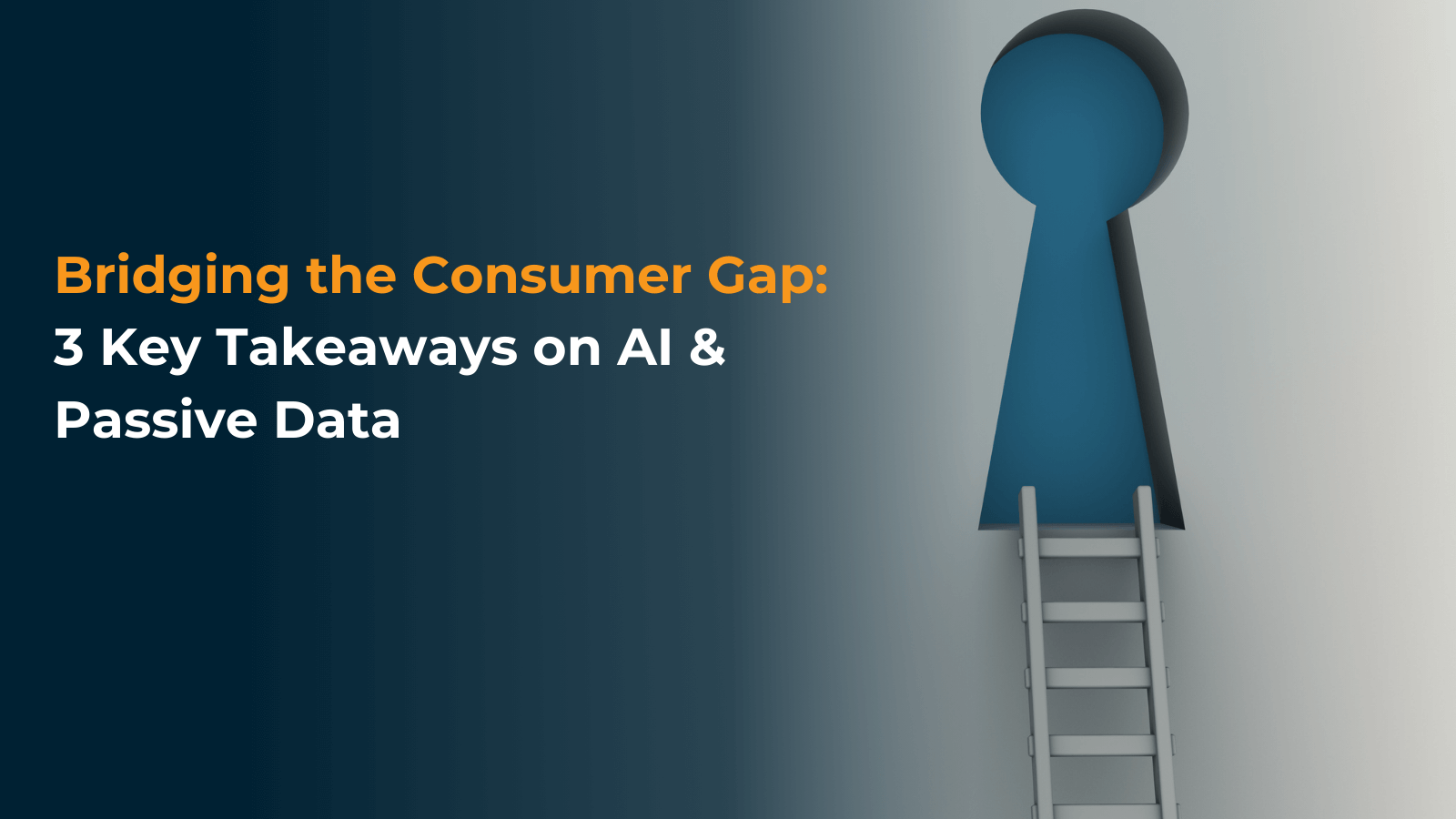The Future of Consumerism: Understanding Gen Z Consumer Behavior

Everywhere you turn, there are mixed messages about Gen Z consumers, whether it’s:
- What they love and loathe
- What they expect from the products they buy and the companies that make those products
- How brands can earn their loyalty
People can’t even agree about:
- When this generation starts or ends
- What it’s even called (some opt for Gen Z, others prefer Zoomer)
- What their slang means
Then again, the conflicting research about Gen Z likely reflects their rapidly evolving views. Zoomers are still young; they’re in the process of testing the waters and forming their own perspectives.
This is actually quite exciting for market researchers—why guess what Gen Z likes and wants when you can ask them directly?
Before we get to that, though, let’s review what we know about Gen Z.
Gen Z Characteristics: What Sets These Younger Consumers Apart?
Currently, members of Gen Z may be as young as 11 or 12 years old—or as old as their late 20s—and starting families of their own.
No wonder the market research about Gen Z consumer behavior (everything from where they shop, how they pay, and which values they hold dear) is all over the map; their values and beliefs are a work in progress as this generation continues growing up.
So, should companies even bother exploring Gen Z insights, researching products for this generation, or marketing specifically to these younger consumers yet? Absolutely.
Why—and How—Brands Should Connect With Gen Z Consumers
Gen Z may be young but they have money to spend. By one estimate, Zoomers represent $360 billion in disposable income.
But is there a “one size fits all approach” to connecting with this emerging market? The smartest companies understand that they need authentic, in-the-moment insights to truly understand what products Gen Z wants, what marketing messages resonate, and what corporate values they care about.
They reach Gen Z “where they are”, aka their mobile devices.
Mobile Market Research Technology Is the Key to Understanding Gen Z Shoppers
While Gen Z is the first generation who won’t remember life without mobile phones, other generations have come to rely on the convenience of this device, making it a valuable tool for obtaining in-the-moment insights.

QualSights simplifies this process with an AI-enabled platform with best-in-class video capture technology to obtain consumer narratives at scale, analyze trends and share insights for agile decision-making. This data can also be paired with first-of-its-kind Consumption Sensor Technology to understand how much, how often, and when consumers are using your products to help you spot areas for growth and innovation.
Interested in a custom demo?
 Research Industry Insights
Research Industry Insights 

